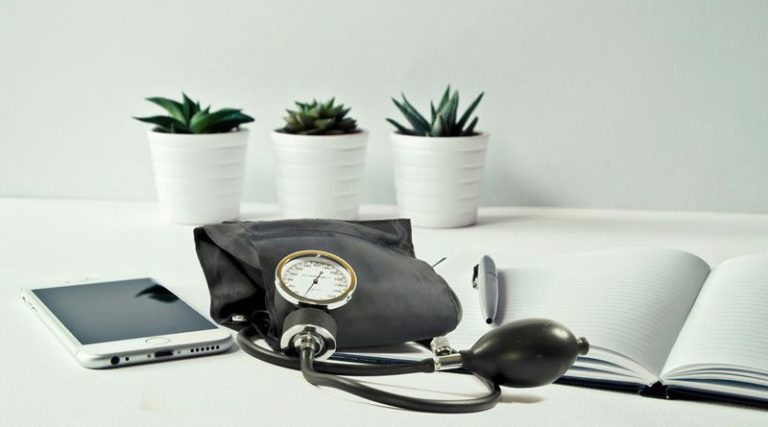The medical field has taken time to adopt new technology, in comparison to other industries. The industry has proceeded with caution due to strict regulation and the sensitive nature of information. Significant strides have been made redefining how doctors practice medicine and patients get treatment. Different technologies have led to improvements in the health care sector. Here are some of them:
1. Computers Provide Input on Medical Decisions
Computers are quickly becoming a valuable aid to doctors. They can now offer input on X-rays and other diagnostics to help medical experts make timely and informed decisions. The same help is useful when it comes to developing new drugs and new ways to offer treatment. Better technology equipment has enabled doctors to give more extensive care. Surgical technology has enabled doctors to perform accurate incisions or bony reconstruction with plates. The doctors can easily monitor blood flows thanks to infrared technology; especially in flaps used for breast, head and, neck cancer reconstruction. There are available devices that can send patient blood flow data directly to the doctor’s phones.
2. Early Prediction of Outbreaks
Many patients search online for answers on their various ailments. The data creates a large picture specific to that query. Locations can be determined from online searches; enabling a database that can be created to show the rise in possible cases and a spread of illnesses. These databases help in preparing outbreaks and predicting the outlook for that ailment in the future. Doctors now use forecasting as an analytical capability. It has demonstrated value by informing epidemic management decisions in real-time outbreak response.
3. Connectivity Among Doctors
New technology has made it easier for doctors to connect and share information. Due to the development of new apps, doctors can now post their new findings and share medical research ideas. This has reduced the time needed to meet with their colleagues. The lab technicians can share Lab results, records of vital signs, and other critical patients by recording important data within their updated medical history. This enables doctors to change shifts smoothly without the fear of not having the correct data update on a particular patient. Medical professionals find it easier to go after their education by taking online studies when it comes to advancing educational opportunities. Access to medical training has made it easier for doctors to learn and expand their medical skills in more remote places in the world. Remote places get advanced health care opportunities.
4. Quick Results and Medical Information
Before advanced technology, patients used to wait for long before their medical results come out. Getting quick results has become possible immediately after the laboratory finishes in a few hours or days. Hospitals and clinics have also developed web portals; which allow patients to access their results within hours or days, and keep track of medical appointments and issues. The introduction of electronic health records (EHR) has enabled doctors to give more developed decisions about their patient treatment. They provide proof of care to support billing without using faxes or fill out forms. Medical device design and development have brought about smart-phones that monitor a patient’s blood sugar level and heartbeat. Some advanced devices go-ahead to give proper treatment needed by the patient
5. Doctor-Patient Relationship Improvement
Doctors can now relate well with their patients due to easier access to their medical records. It allows them to give better knowledge about each patient’s medical history and treatment. Expanding technology has allowed patient medical records to be accessed online by both doctors and patients. Hence, a patient feels at ease with their doctor when he has a vast knowledge of their complete medical history. By analyzing patients’ data personally, the doctors are able to give care, coaching, and health advice that address the patient’s lifestyle, goals, and conditions.
Technology has had both negative and positive impacts on the medical field. The positive impacts have outweighed the negative impacts. Its development in health care has saved many patients and has continued to improve our way of life. The medical field has had a big impact on all practices of health professionals. Such advances in technology will improve public health response to outbreaks, mitigate economic losses, and save lives.

Reblog It collaborates closely with clients to develop tailored guest posting strategies that align with their unique goals and target audiences. Their commitment to delivering high-quality, niche-specific content ensures that each guest post not only meets but exceeds the expectations of both clients and the hosting platforms. Connect with us on social media for the latest updates on guest posting trends, outreach strategies, and digital marketing tips. For any types of guest posting services, contact us on reblogit.webmail[at]gmail.com.
